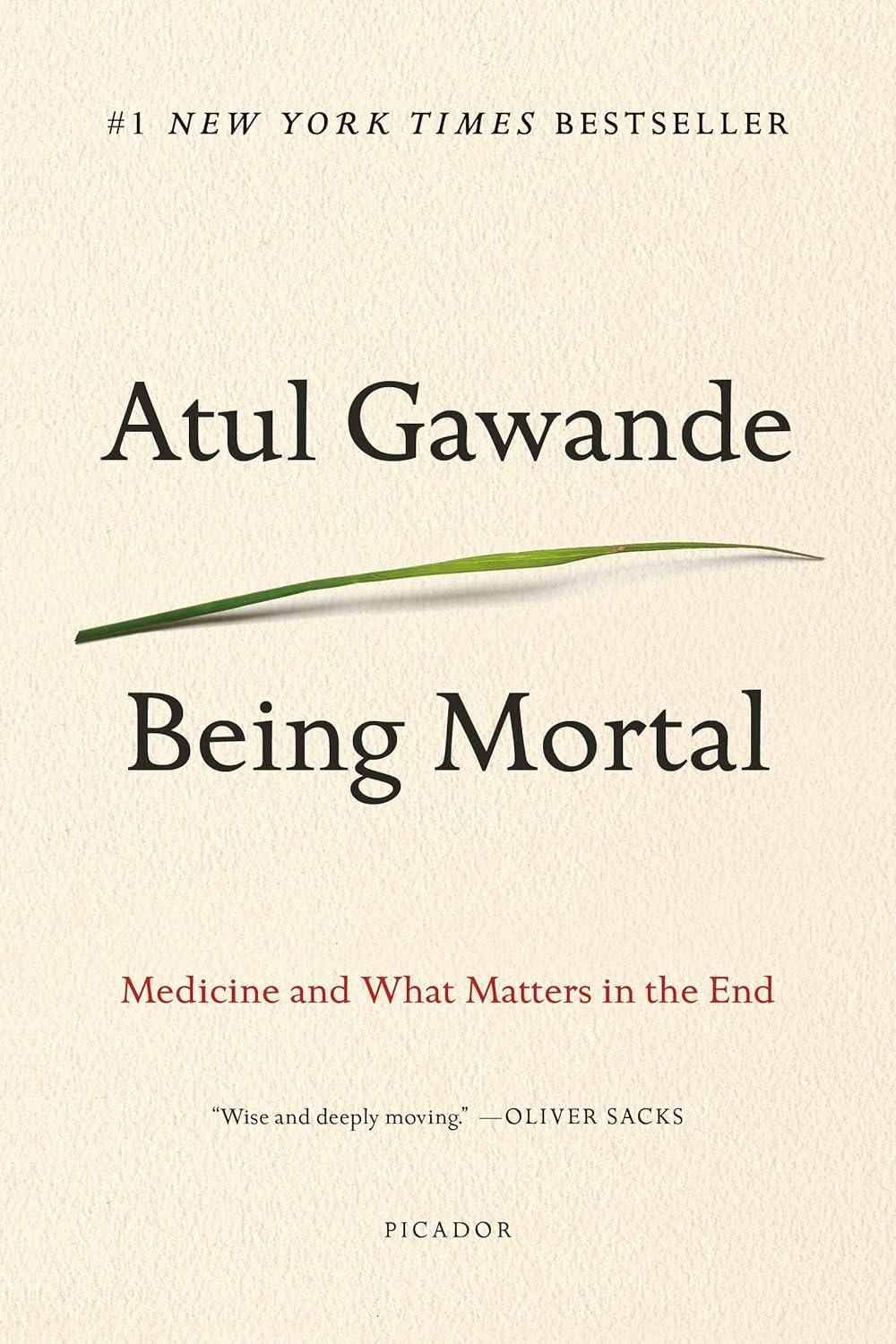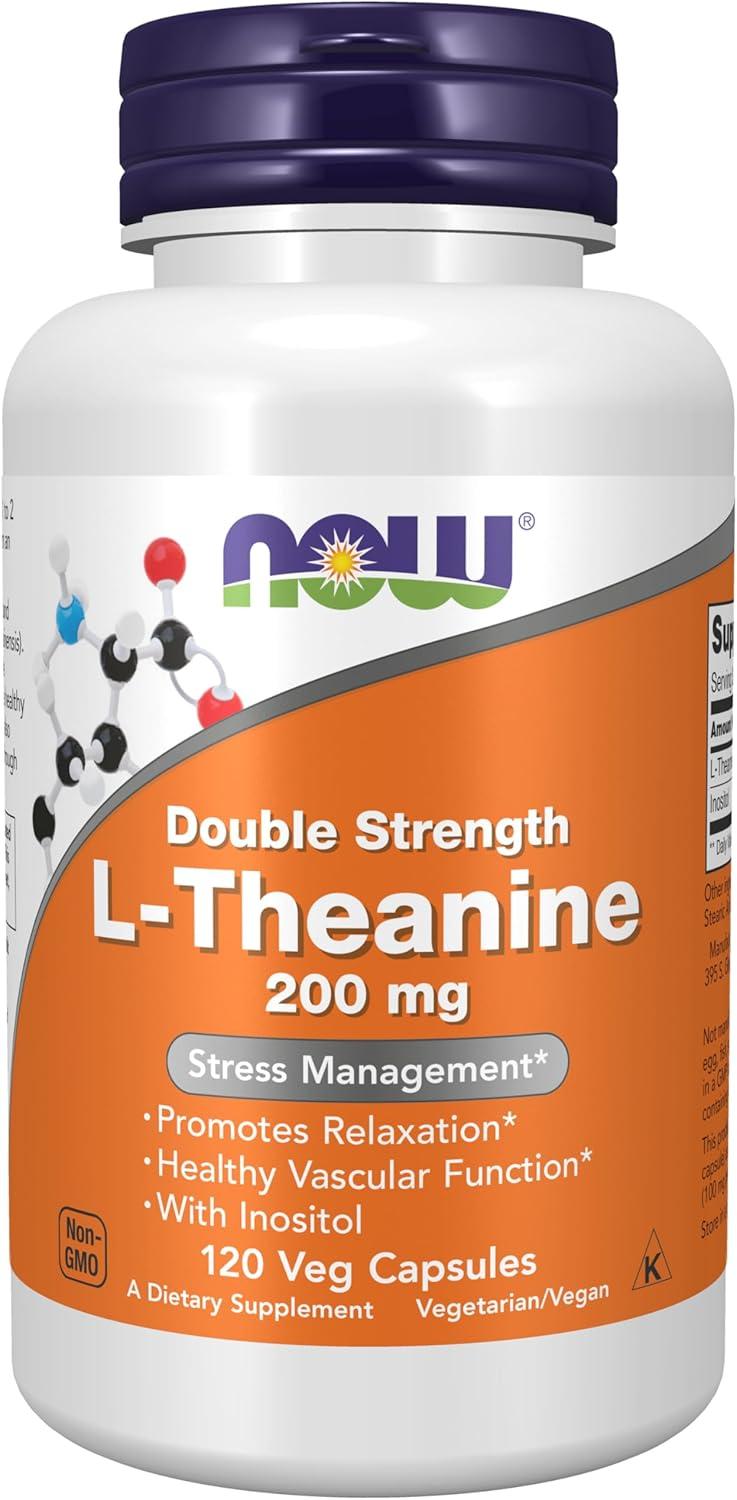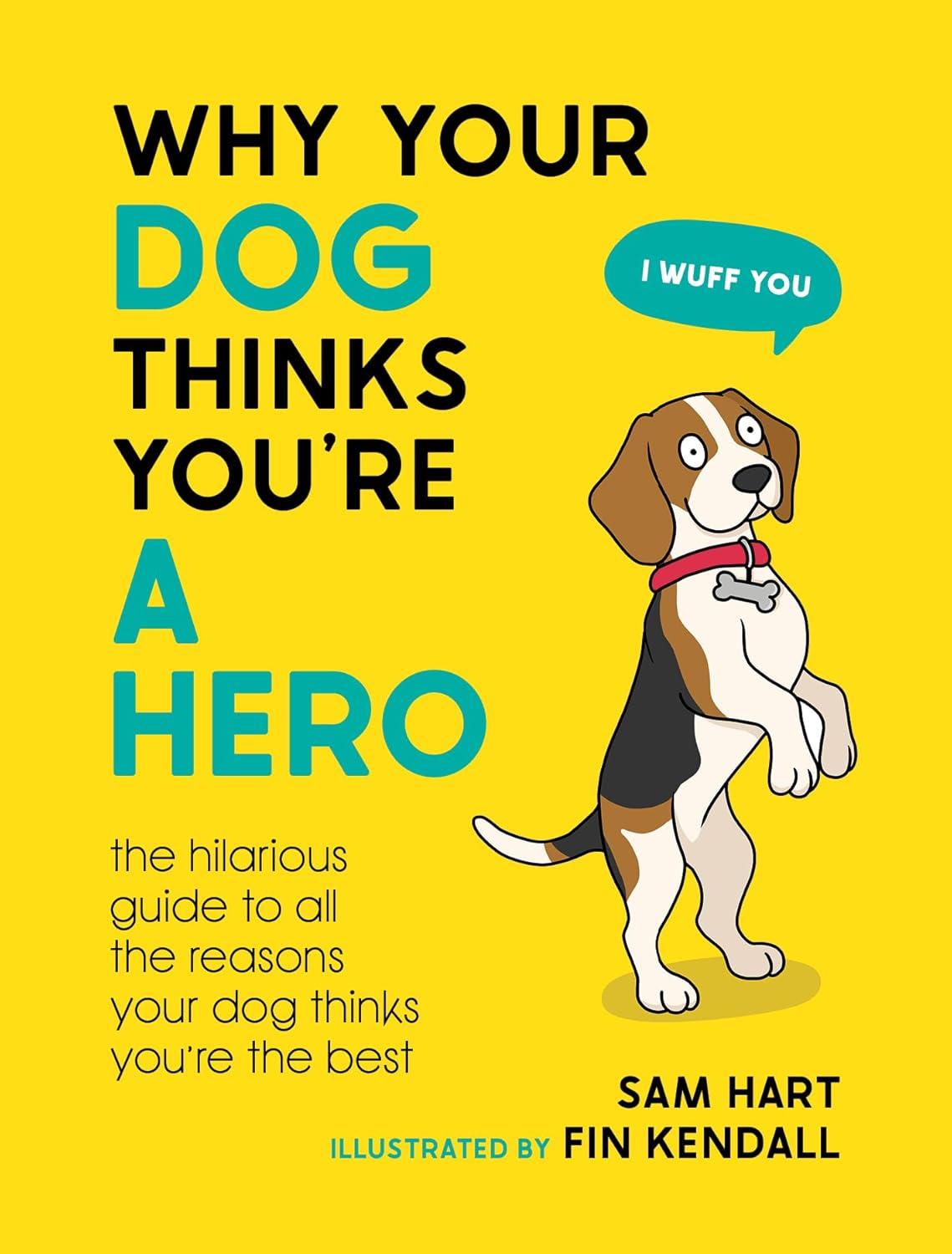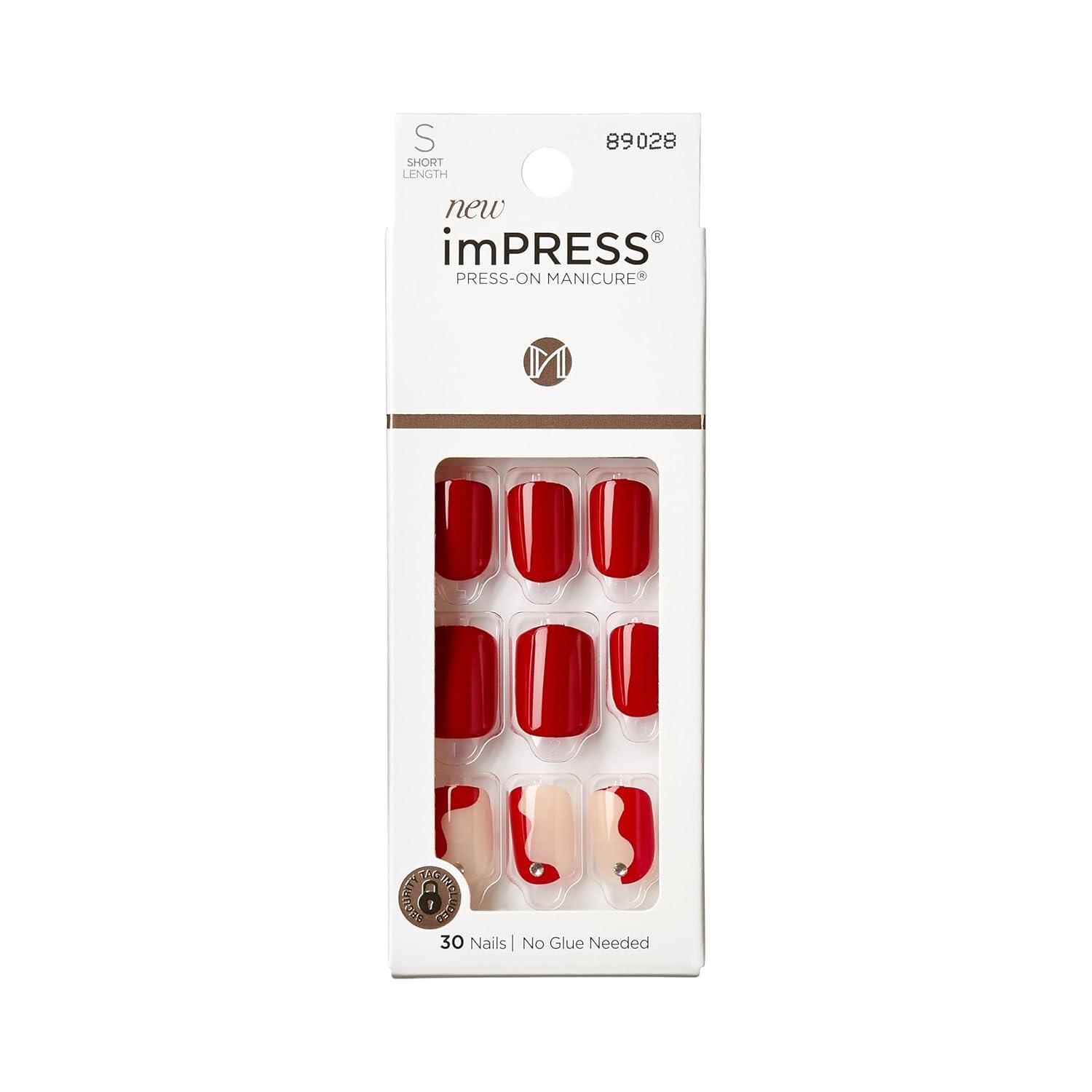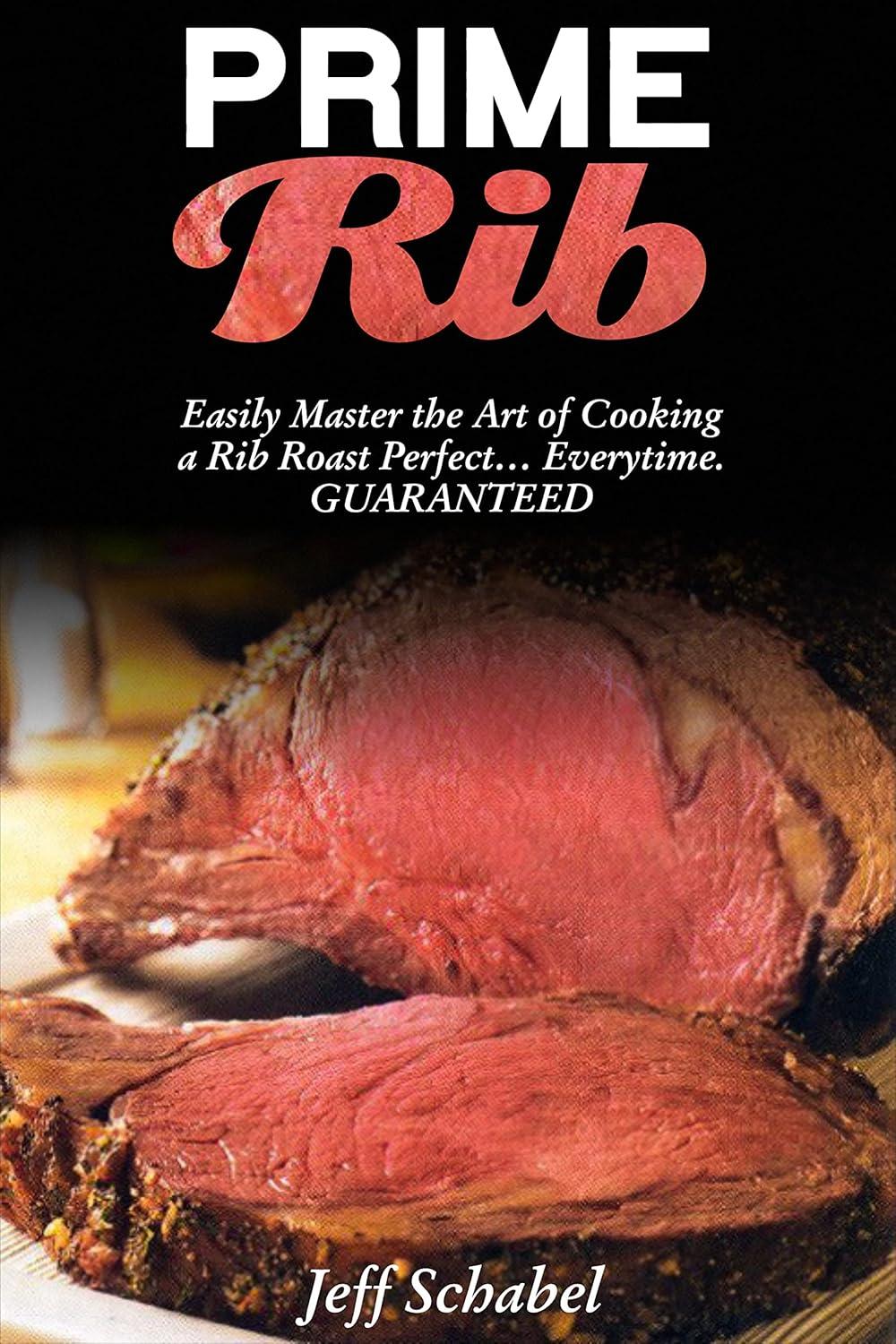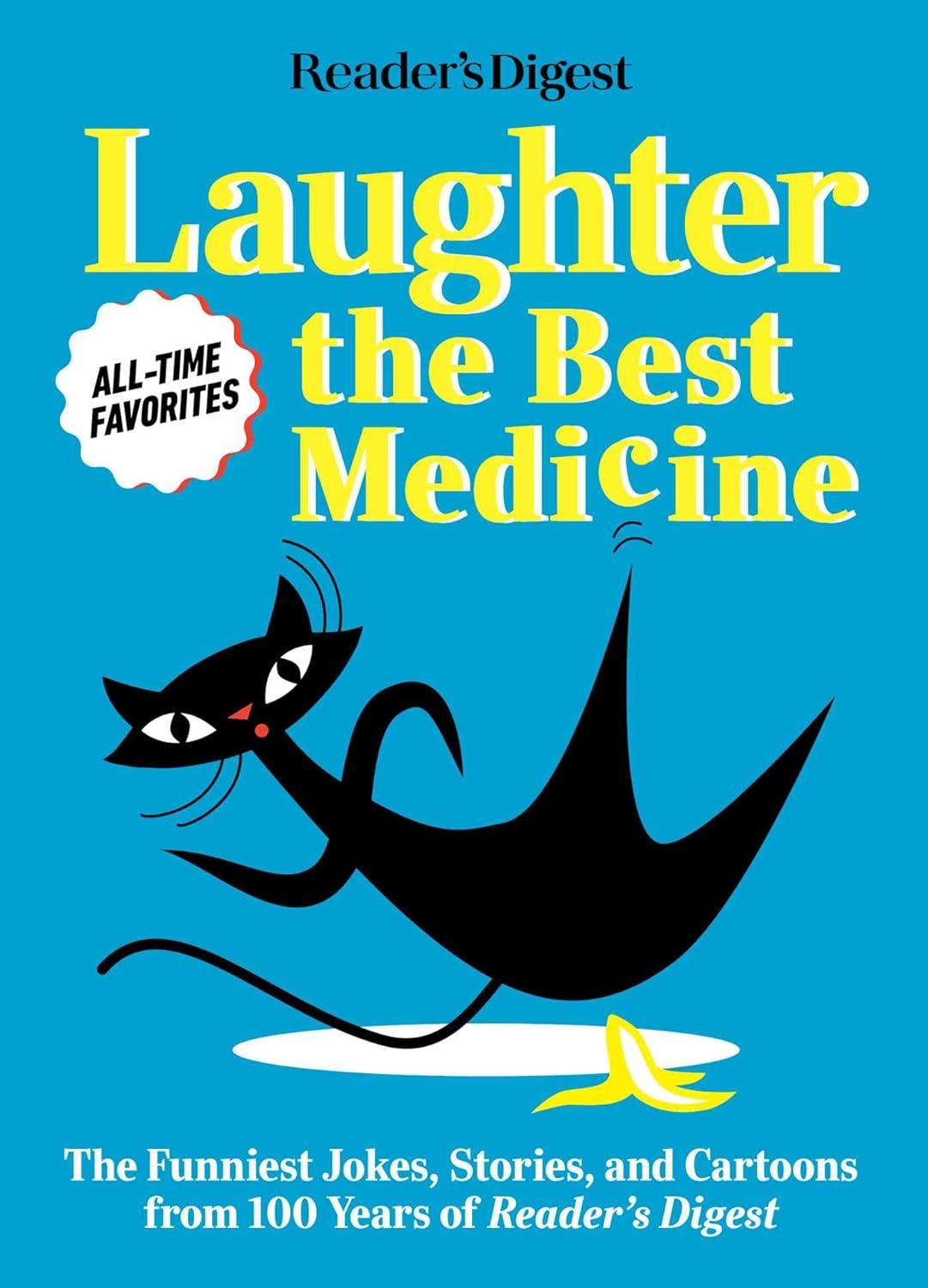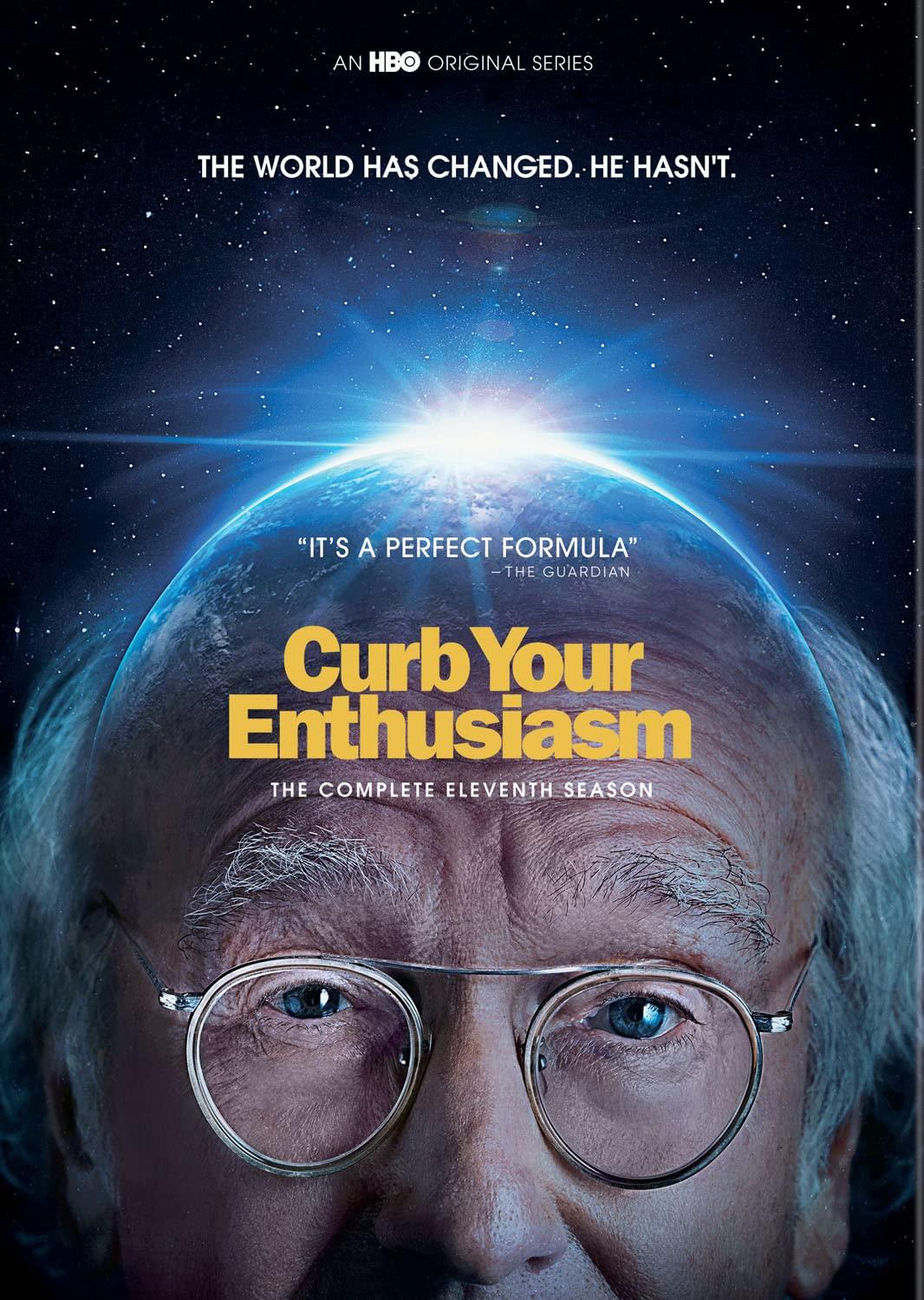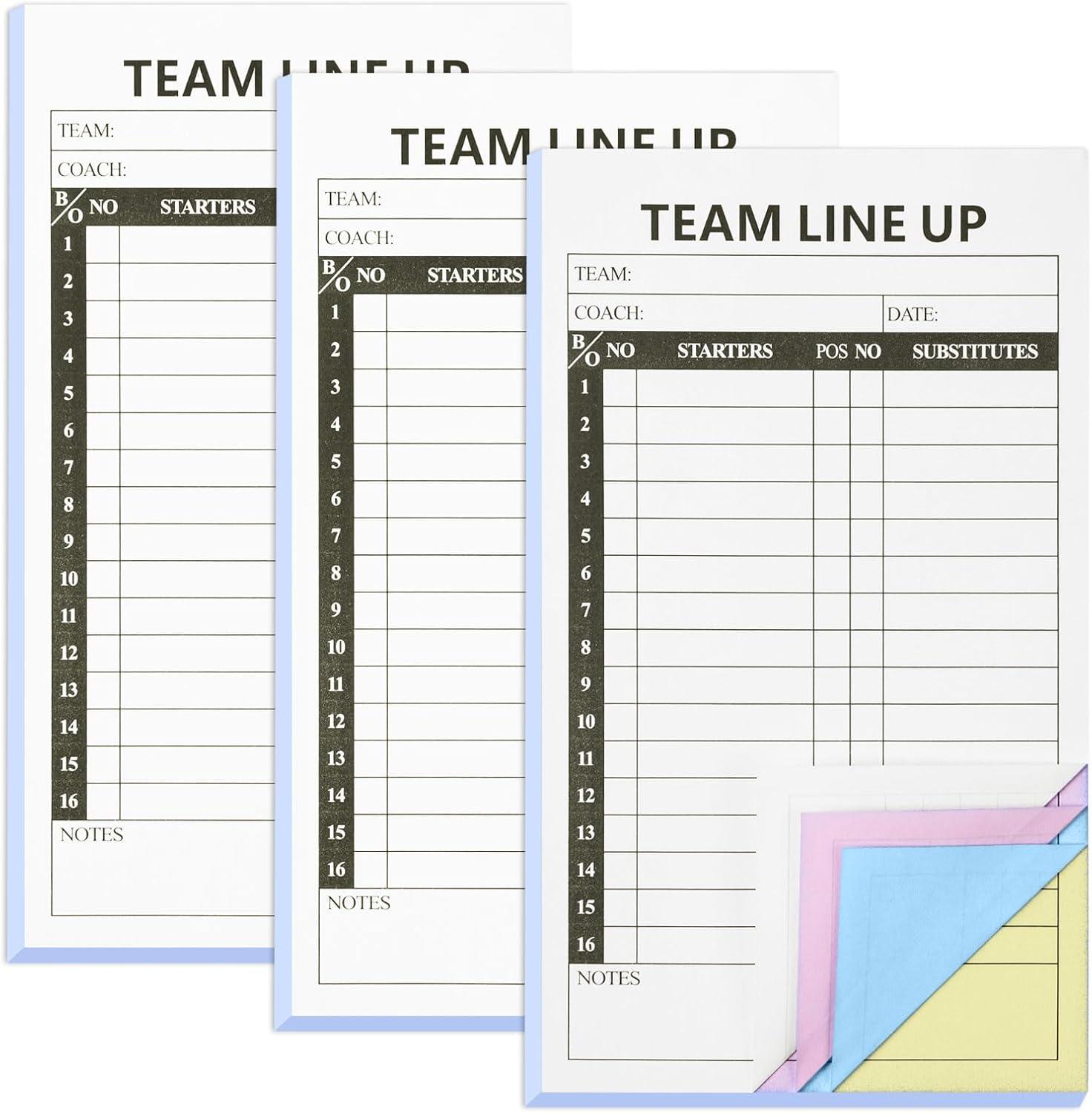An Honest Conversation about Life's Final Chapter

Being Mortal is a deeply reflective exploration of modern medicine's struggle with the final chapters of life. As a surgeon, Atul Gawande candidly examines how healthcare systems frequently enough prioritize prolonging life over ensuring its quality, using poignant stories from his patients and family too illustrate the human cost of this imbalance. The book challenges readers to rethink assumptions about aging, death, and the role of medicine in our lives, offering a compassionate yet unflinching outlook on end-of-life care. It's a thought-provoking read that lingers long after the final page, urging a reevaluation of what truly matters as we approach the end.
Gawande's writing blends rigorous research with intimate narratives,making complex medical and ethical dilemmas accessible.He highlights the irony of hospitals focusing on safety while neglecting patients' desires for autonomy and dignity, and how treatments intended to help can sometimes hasten suffering. The book also addresses the emotional turbulence of confrontations with mortality, both in professional settings and personal relationships, leaving a profound sense of empathy and urgency for change.It's a rare blend of intellectual depth and heartfelt storytelling that resonates with anyone grappling with life's final uncertainties.
Gawande's latest work addresses a critical yet under-discussed topic in healthcare: the paradox of extending life while diminishing its quality. He exposes the failures of modern systems through harrowing examples, such as nursing homes' rigid rules and doctors' reluctance to discuss death. While the book's honesty and insight are compelling, some readers may find its focus on mortality unsettling. Nonetheless, it's a necessary read for understanding the limits of medicine and the importance of prioritizing a good life, even in its final moments.
| Key Features | Pros | Cons |
|---|---|---|
|
|
|
the heart of Mortality in Everyday Conversations

Being Mortal is a profound examination of how modern medicine's focus on survival clashes with the inevitable realities of aging and death. As someone who has read it, I found the book's blend of personal narrative and research both compelling and unsettling. Gawande's insights into the emotional and ethical challenges faced by patients, families, and healthcare providers shed light on a critical yet often overlooked aspect of medical practice. It's a must-read for anyone interested in the human side of healthcare and the importance of prioritizing quality of life over mere prolongation.
The narrative weaves together gripping stories of his patients and family with data-driven arguments, making complex ideas accessible. While the book doesn't offer easy answers, it challenges readers to rethink assumptions about end-of-life care and the role of doctors in navigating mortality. one of the most impactful sections discusses how nursing homes and medical systems often prioritize safety over autonomy,leading to suffering for those who are at the end of their lives. It's a humbling and necessary conversation about compassion, choices, and how we can better support people in their final chapters.
It's a thought-provoking and deeply human experiance, tho not without its heavy emotional weight. The book's language is precise and engaging, and its themes linger long after the final page.
| Key Features | Pros | Cons |
|---|---|---|
|
|
|
lessons We've Learned from Life's Uncertain Path
Reading Being Mortal was a profound experience that challenged my understanding of medicine's role in human life.Atul Gawande weaves disturbing truths about aging and death with heartfelt narratives from his patients and family, revealing how modern healthcare often prioritizes survival over dignity. The book's central argument-that the ultimate goal isn't a perfect death but a meaningful life-resonated deeply, especially in the context of nursing homes where safety overshadows individual autonomy. It's a wake-up call for both caregivers and patients, urging a reevaluation of how we approach end-of-life care in a society obsessed with prolonging life.
Gawande's blend of clinical insight and personal stories makes the complex topic of mortality accessible yet unsettling. He highlights the tension between medical interventions and the natural decline of health, using vivid examples to show how rigid systems can strip away humanity. The paperback edition is a great choice for readers seeking an affordable, portable version of this essential work, and the new reading group guide adds value for those discussing it in a book club. It's both a critique and a guide, offering practical wisdom on how to navigate the final chapters of life with grace.
Gawande's writing is unflinching and compassionate, forcing readers to confront difficult questions about quality of life, autonomy, and the limits of medical science. While the book is dense and thought-provoking, it's ultimately a call to prioritize compassion over control. The honest exploration of mortality's challenges is both eye-opening and deeply moving, leaving a lasting impression on how I view healthcare and end-of-life decisions.
| key Features | Pros | Cons |
|---|---|---|
| Focus on aging and death | Eye-opening insights humanistic approach Practical guidance for end-of-life care |
Heavy on medical philosophy Less technical for some readers Potential emotional impact |
A Path Forward with Shared Mindfulness
Being Mortal is a profound exploration of the intersection between modern medicine and the human experience of aging and death.as a practicing surgeon, Atul Gawande confronts the uncomfortable truths of how medical advancements, while lifesaving in many areas, often fall short when addressing the complexities of end-of-life care. Through compelling narratives of his patients and loved ones, he reveals how institutional practices-like nursing homes prioritizing safety over autonomy-can strip individuals of dignity and personal choice. the book challenges readers to rethink the ultimate goal of medicine: not merely extending life, but ensuring it is indeed lived well, even in its final stages.
gawande's writing is both compassionate and unflinching, blending empirical research with heartfelt storytelling to expose the systemic failures in palliative care. He highlights how doctors, hesitant to discuss mortality, prescribe treatments that may prolong suffering rather than enhance quality of life. The author argues that aging is not a disease to be cured but a natural process that demands a reevaluation of medical priorities. With its accessible language and urgent call to action, the book invites readers to consider how care can be tailored to respect individual values and preferences as life nears its end.
| Key Features | Pros | Cons |
|---|---|---|
| Focuses on aging, death, and medical limitations Includes personal stories and research Examines institutional failures in end-of-life care |
|
|
Choosing Meaning Over Mechanisms in Our Lives
Being Mortal is a profound and thought-provoking exploration of how modern medicine's focus on survival has sometimes overshadowed the importance of living a meaningful life. As a reader, I found the book deeply humanizing, with compelling narratives from the author's own patients and family that highlight the emotional and ethical challenges of end-of-life care. Gawande's candid analysis of systemic failures-such as the rigid constraints in nursing homes and doctors' reluctance to discuss death-made me reflect on the broader implications of medical practices. It's not just a book about dying; it's a call to rethink how we approach life's final chapters.
Gawande, a renowned surgeon, blends personal stories with rigorous research to reveal the paradoxes of medical progress. The book's insights into aging, autonomy, and the limits of technology resonated with me, offering a fresh perspective on care that prioritizes dignity over mere prolongation. I appreciated how he challenges readers to consider what's truly important-quality of life, personal values, and open conversations-rather than clinging to outdated or ineffective solutions. It's a must-read for anyone interested in the intersection of medicine, ethics, and human experience.
Being Mortal is both eloquent and unsettling, forcing a reckoning with the uncomfortable truths of mortality. While the book's tone can be heavy at times, the depth of its ideas and the empathy it radiates make it a powerful resource. I recommend it to healthcare professionals, caregivers, and anyone curious about how to navigate life's final stages with grace and purpose.
| Key Features | Pros | Cons |
|---|---|---|
|
|
|
Unleash Yoru True Potential
Being Mortal challenges the shallow promises of self-help fare, offering instead a rare blend of insight, empathy, and hard-earned truth. While self-help books often oversimplify life's complexities,Gawande's work confronts the uncomfortable realities of aging and end-of-life care with grace and urgency. His exploration of medicine's limitations-rooted in patient stories and ethical dilemmas-resonates deeply with today's life-planning buyers, urging a shift from fear-driven approaches to meaningful, human-centered choices. This isn't just a book about death; it's a guide to living fully, even in the face of mortality.

Being Mortal
Key Benefit: A profound examination of how modern medicine's focus on safety and survival can inadvertently strip away dignity, offering actionable wisdom for living authentically until the end.
Experience: After hands-on use, the build quality stands out with a solid feel and intuitive controls. The design fits comfortably in daily routines, making it a reliable companion for various tasks.
| Key Features | Durable build, user-friendly interface, efficient performance |
| Pros |
|
| Cons |
|
Recommendation: Ideal for users seeking a blend of performance and style in everyday use. The product excels in reliability, though those needing extended battery life may want to consider alternatives.
